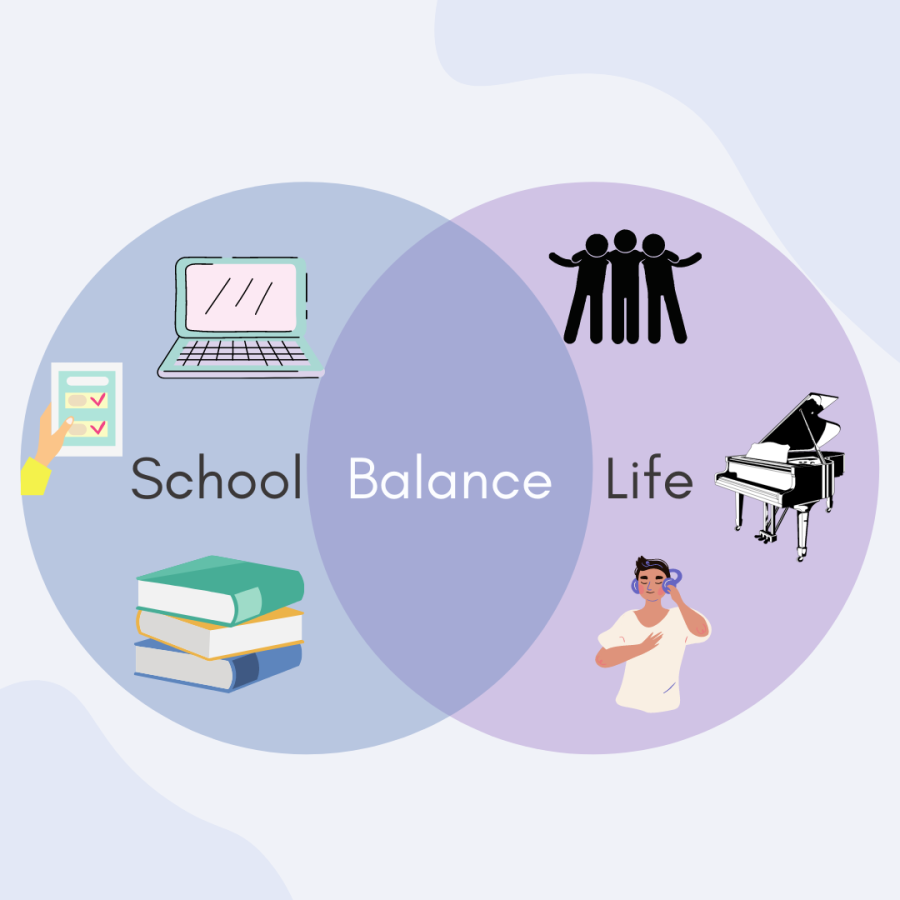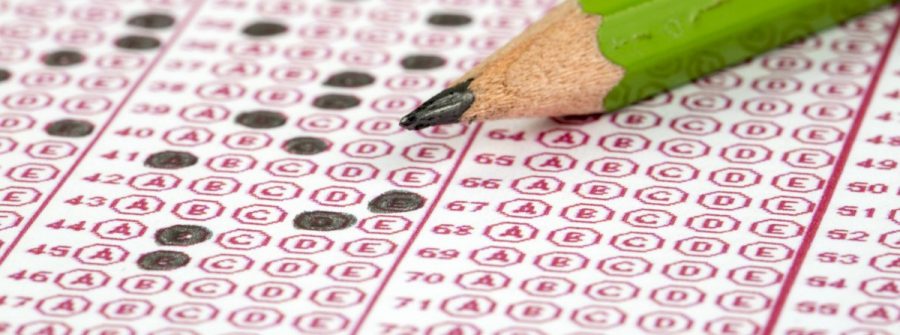The Problems With Standardized Testing
November 19, 2021
From elementary school to high school, students all around America take standardized tests every year. Standardized tests are assessments that are administered in a consistent, or “standardized,” way. At Carolina Forest, some of the standardized tests we take include EOCs, AP exams, MAP and the SAT/ACT tests. These tests are widely criticized by teachers and students alike, but why? Are they really that bad?
It is often said that standardized tests don’t actually measure knowledge, but instead measure how good students are at memorizing facts. The structure of the tests are naturally inclined towards memorization over education. In a standardized test, the questions are usually multiple choice and simply give students a list of options as an answer to a question. On the surface, this may seem like a good way of assessing a student’s knowledge. However, this only works for students that learn in a particular way. Many students may not remember all the particular facts of a subject, but they may still understand the subject. Only students who are capable of memorizing all the facts for a short period of time benefit from this type of testing.
Secondly, standardized tests don’t even give accurate results for students who are good at memorizing. Standardized tests are often timed, and even when they aren’t, the stressful environment of the tests doesn’t allow students who take a longer time to remember facts to accurately show their knowledge. Many students also practice a method of studying called “cramming,” where they only study at the very last minute before the test so that the facts are fresh in their minds. This method of studying is unhealthy and can cause increased levels of stress and anxiety, as many students know.
The anxiety that surrounds these tests makes them almost universally hated by students. This anxiety can cause students to lose interest in subjects that they may actually be interested in. On top of this, since students use cramming, it can cause them to completely forget everything they learned about the subject after the test, since cramming is an ineffective way of retaining information.
Ms. Morgan Bane, an English teacher at Carolina Forest also sees the problems with standardized tests.
Bane shares, “I think that standardized testing is only a reflection of a student’s performance on that given day, and even then, outside factors can influence that student’s performance. So while the intention of standardized testing is objectivity, that goal is not only failed often, but many education officials do not take into account that a standardized test is not a truly objective measure of a student’s knowledge.”
The most major flaw of standardized tests is that they only evaluate the content of a subject, not the form of a subject. Someone who has absolutely no understanding of a subject can commit a certain amount of facts to memory, but only people who truly understand a subject are able to use its principles and apply it to other problems. For example, a student may know that the mitochondria is the powerhouse of a cell and that chlorophyll is the pigment that makes leaves green; but, is that the same as understanding the scientific method and how to use it? Standardized tests don’t create room for students to use their knowledge about the principles of a subject and apply it to real problems, but rather, they try to evaluate a student’s knowledge based on simple memorization.
Abigail Tackett, a sophomore at CF, sums it up perfectly: “I feel like everyone is different and you shouldn’t base whether or not a student is able to do well academically based on one test. I believe that how students perform in the classroom and on tests throughout the school year show how the student performs.”
Sources:
The Problem With Standardized Testing, teachmag.com
Does Cramming For Your Exams Actually Work? topuniversities.com




































